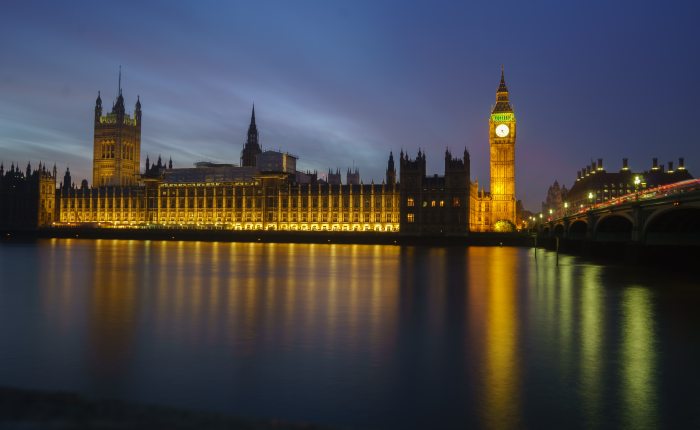This blog was originally written for and published by Liberal Democrat Voice, the most-read independent website by and for Lib Dems .
Alexandria Ocasio-Cortez has been US Representative for New York’s 14th District for less than two months, but she has already made waves in US politics so large that they have spread across the pond.
Earlier in February, Ocasio-Cortez (or AOC, as she is popularly known) tabled House Resolution 109. The “Green New Deal” it outlines would transition the US to a carbon neutral economy and 100% renewable energy generation within ten years. These changes would be accompanied by massive investment in infrastructure, from improving the energy efficiency of buildings, to developing new transport links to reduce domestic air travel.
AOC is a self-described democratic socialist, so it is no surprise that this change is underpinned by economic policies some in our party would baulk at, notably a government jobs guarantee. The “Green New Deal” effectively posits the complete restructuring of the US economy. To call it radical would be an understatement. Yet on the issue which will define the next half century, she is bang on the money.
Because radical is what we need right now.
Last year’s publication of the IPCC Special Report on Global Warming of 1.5˚C was simply the most high profile of numerous reports highlighting the sheer magnitude of the climate crisis we now face.
Between 1850 and 2011, the USA was responsible for 27% of all greenhouse emission – more than the whole of the EU combined – and it remains the second largest emitter today. It is welcome, then, that some in the US political elite are finally grasping the need to lead change on a massive scale.
Of course, we cannot rely on the US alone. The entire basis of the global economy needs to shift radically. Yet here in the UK all our political energy is being wasted on a vanity project of the far right. We are modern-day Neros, fiddling while Rome burns.
Commitments under the Paris Climate Agreement will not get us close to the necessary reduction. The UK’s Carbon Budget only requires a 57% reduction in emissions by 2030. In contrast, AOC has put forward a vision of change on the scale we need.
The “Green New Deal” may not be the preferred policy of the average Lib Dem, but it is an appropriate response to challenge we now face, and its success, even in part, would be a huge step forward. Like AOC, we should make the long-term survival of our planet a foundation for all policy we develop, from funding social care and investing in our infrastructure, to local devolution and housing. Anything else is futile.
Just over a week ago, young people across the world staged a school strike for climate, following the action of Swedish activist Greta Thunberg. They, like AOC, have grasped the severity of the moment we face. As Thunberg put it; “I want you to act as you would in a crisis. I want you to act as if our house is on fire. Because it is.”
